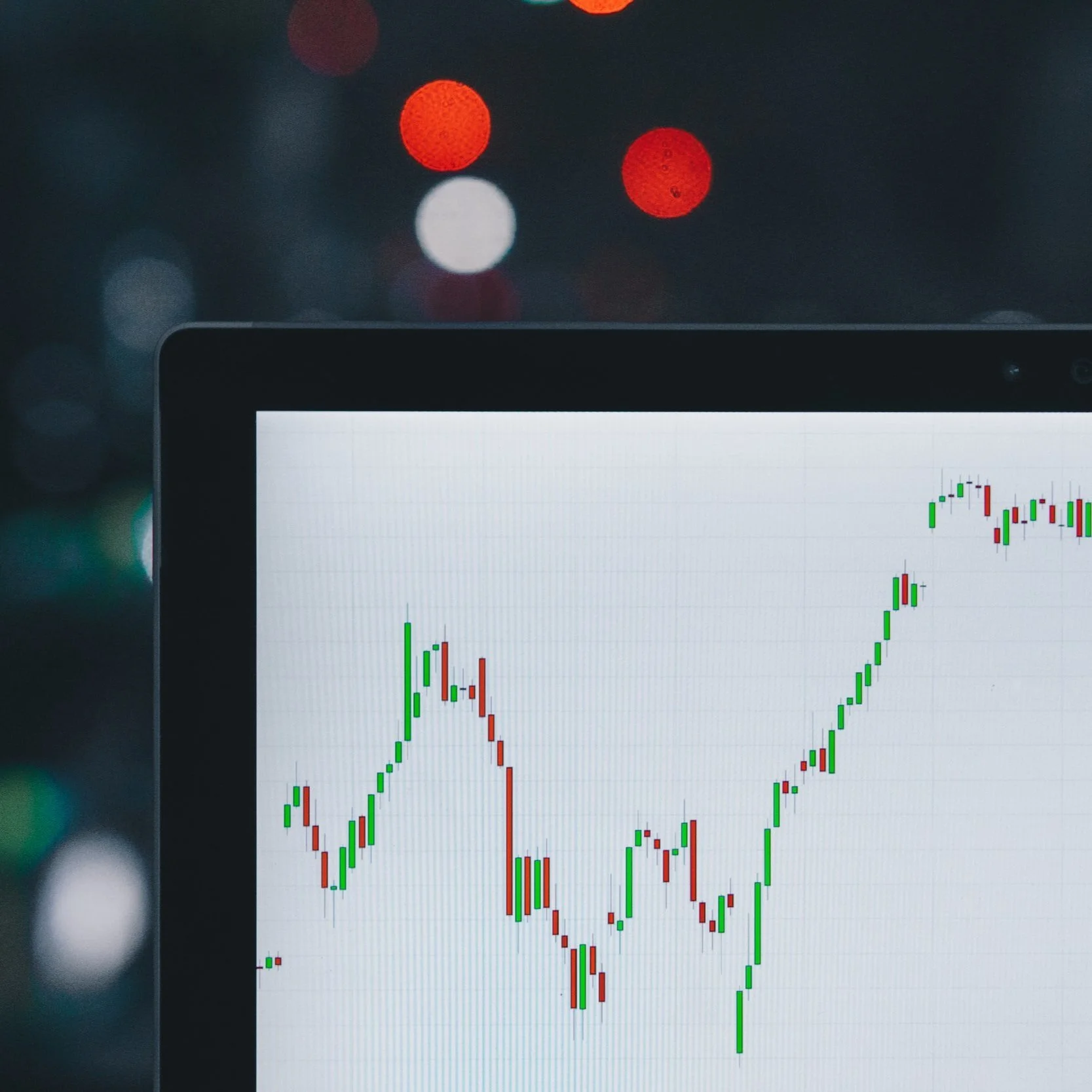The onset of COVID-19 profoundly impacted the world, and its effects are still palpable today. With some regions not having fully bounced back from the spiral effect of the virus, the recovery has been slow. The lockdown affected economic activities, strained our finances, and challenged the government to help people out of their financial misery. Due to the pandemic, the projected global economic growth in advanced economies is expected to slow down to 0.5% in 2023 from 2.5% in 2022, while emerging economies are expected to decline to 2.7% in 2023 from 3.4% in 2022.
All tagged Investment
Economic and Psychological Concepts Behind Luxury Consumption
What comes to mind when you think of brands like Chanel, Prada, and Dior? It’s probably images of extortionate price tags. Boasting price ranges that an average middle-class person probably can’t afford, it’s well known that these luxury brands are highly sought after in society. Luxury goods have been the topic of controversy for decades, as some people value the craftsmanship and rich history behind these brands, while others criticize the inaccessibility of luxury companies and their unethical practices. Despite the controversies and high price tags, what allows luxury brands to thrive, and how do economic concepts tie into this?
Private Equity’s J-Curve and Its Mitigation
Within private equity, a fund’s returns often resemble a J-Curve where there exists a small loss before a continued gain. This image would resemble a “J” when charted. This is especially common for private equity firms that purchase struggling companies and attempt to turn them around. These firms will take on unprofitable businesses, and tag along management fees that keep investor returns low or negative until their investments begin to mature, and the purchased businesses become profitable. This creates a period wherein traditional private equity investment is unprofitable and returns are low, or the dip at the beginning of the “J”. These cash flows depend on the “timing of cash flows, timing of performance, and market performance” (Diller, 20). By pulling these levers one way or another, the J-curve can be manipulated. With research indicating that funds with at least 15% private investment outperform their peers, the benefits of seeking these investments are clear. But how can we reduce the time in which these investments underperform?
Direct Listing’s Potential Effect on Investment Banks
The fundamental definition of capitalism provides opportunity in the form of wealth to those who make certain investments. Despite some of their practices coming under scrutiny, investment banks have long played a crucial part to the US economy, and especially to capitalism. Investment banks have provided capital raising services to companies in search of capital to expand by acting as a middleman between entrepreneurship and public investors. One drawback to investment banks engaging in capital raising is that they pertain large fees, and at times high risk to their clients. Recently, a new form of capital raising called “direct listing” will eliminate the need for underwriters and allow firms to go immediately to the New York Stock Exchange, receiving capital from the public directly. But, this newly added capital raising program poses a major threat to many investment banks.
Fuel Cell Industry Frenzy
With the lingering volatility in the markets due to the pandemic, some industries have outperformed others by making huge financial gains. Within the energy industry, stock prices have skyrocketed even with wary financials. Technologies within this industry, such as fuel cells, have recently become more relevant after decades of being in the shadows of many other innovations. Fuel cells are similar to batteries that never run down. Hydrogen fuel cells are produced in sustainable ways due to the abundance of Hydrogen. (Energy.gov, 2021). With many companies needing different ways to generate sustainable forms of energy with fuel cells, companies such as Plug Power have risen to the top.
The Power of Cathie Woods’ Long-Term Perspective
Cathie Woods—the founder, CEO, and Chief Investment Officer of Ark Investment LLC—became something of a financial Rockstar in 2020. Her flagship portfolio, the Ark Innovation ETF (ARKK), has returned close to 50% in the last 12 months and has an annualized return of over 25% since its inception in November 2014. Much of this success has been attributed to the explosive growth of stocks in emerging or disruptive industries, affirming Woods’ foresight in key areas of growth and innovation over the last 6 years. These include an emphasis on autonomous vehicles, fintech disruptors like cryptocurrency, space exploration, and the advancement of genomics, all of which Ark has additional ETFs to capitalize on specifically. As you may expect, Ark’s innovation-focused investing strategy can require a great deal of conviction, and with that the resolve to prioritize a long-term outlook over daily price movements of stocks and quarterly results when making decisions. This may sound obvious, but it is a key aspect of markets that investors and company managers alike often struggle with.
The Ford Bronco was an iconic car in the 60’s, 70’s, 80’s, and 90’s. So why did it go away? And why is ford bringing it back?
Cars have always been considered a bad investment and you will always lose money on buying a new car. So why might investors flock to cars to make a long term profit?
Some advice on what you should purchase depending on your goals. Everyone's got their own advice, but this is what I've always been taught!






